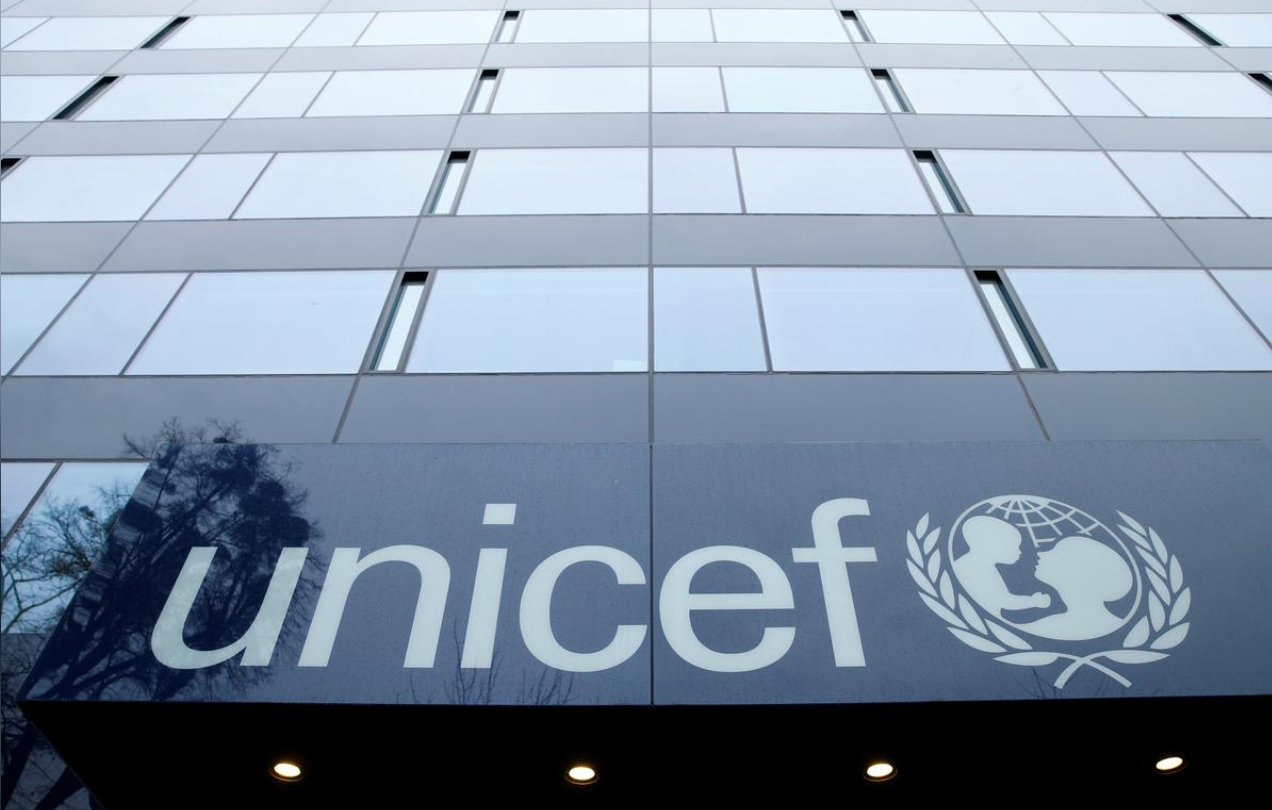According to a 2011 report from the United Nations Food and Agriculture Organization, the deterioration in economic conditions over the past few years has led Egypt to become one of Africa’s food-deficient countries, in which 14.2 million Egyptians live below the poverty line, earning less than US$1 a day.
A recent study from UNICEF, meanwhile, revealed that “some 1.5 million children in Egypt under the age of five suffer from health and food deprivations.”
In light of such facts, the UN World Food Programme (WFP), which supplies food to 100 million people around the globe each year, signed a partnership agreement with Chipsy Company on Thursday, aiming to support an initiative entitled “Food for Education”.
The project aims to provide food aid to the most food-insecure students in Upper Egypt, thus helping to reduce the number of children dropping out of school, while combatting starvation and raising awareness on the dangers of malnutrition.
As a result of a lack of resources, children are often forced to drop out their schools and work at a very young age in order to help their parents make a living. A child's lack of education will greatly limit the type of work that he or she can find in future, thus condemning the family to further poverty in successive generations.
The “Food for Education” project will focus on communities in Upper Egypt, especially Sohag, the third poorest governorate in the country.
Tarek Mansour, general manager of Chipsy Company, said that the company would allocate five percent of its profits for the next two months to helping poor communities who cannot afford the cost of education for their children.
“Providing a daily food subsidy to families who cannot cover their children's education fees will lift one of the main financial burdens and increase enrolment and attendance rates in poor communities,” Masour explained.
Funding a number of schools located in the poorest areas of Upper Egypt is another goal of the joint project, with an estimated 23,000 people benefitting from the construction of new schools.
Gian Pietro Bordignon, WFP Egypt representative and country director, described the partnership agreement as “the ideal example of how the World Food Programme can work with the private sector and government in order to tackle urgent national priorities."
WFP and Chipsy Company have been working together since 2007 to strengthen human capital and alleviate food shortages in Egypt. The company's contribution to WFP projects in the past few years runs into millions of pounds.
“We are keen to provide food subsidies that contain 25 percent of the daily nutritional needs including iron and vitamin A,” said Mansour.
The food aid provided to each family would represent half of the requirements of the household, providing a significant incentive to send children to school.
The project has also received support from leading comic actor Ahmed Helmy, who has been appointed as the project's ambassador.
“The positive and practical role of this project in improving the livelihood of low-income families and expanding access to education were the main reasons behind my participation in the programme,” said Helmy.
“Depriving children of education means depriving the society of achieving progress," he continued.




